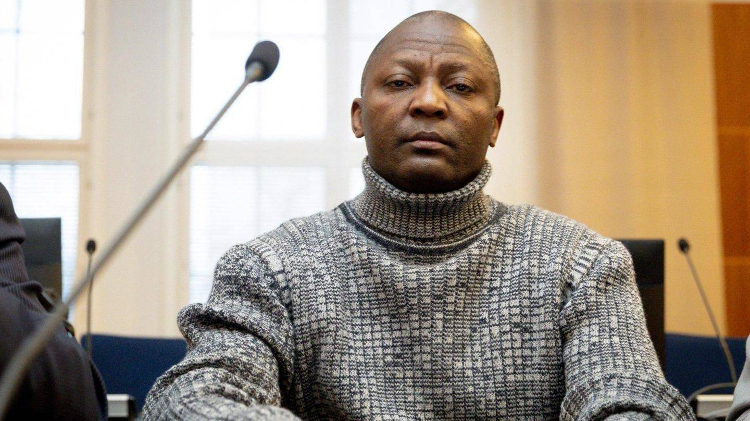War crimes: Massaquoi’s acquittal confirmed

A Finnish court of appeal on Wednesday issued its judgement and confirmed the acquittal of Gibril Massaquoi – former Revolutionary United Front (RUF) commander and spokesman – for war crimes, crimes against humanity, torture, and murder that he was accused of committing in Liberia during the country’s second civil war (1999-2003).
According to the judgement, the Tampere District Court did not err when applying the “beyond reasonable doubt” standard.
The court held that most of the witnesses’ testimonies established that the crimes and events occurred, but, for each charge, found that it was not shown that Gibril Massaquoi was involved in the acts described.
The court ruled that the evidence presented was not sufficient to establish his guilt and therefore acquitted him of all charges.
The appeal proceedings, which began in January 2023 and ended in September 2023, saw 100 of people testifying over 60 days.
The court heard the majority of them in Monrovia, Liberia, where it relocated for most of its hearings, just like the Tampere District Court had done in 2021.
It was an especially delicate case for both Civitas Maxima and its Liberia-based sister organization the Global Justice and Research Project (GJRP) as GJRP’s director Hassan Bility was himself a witness in the case.
Mr Bility had testified at the Special Court of Sierra Leone during Charles Taylor’s trial in January 2009 and had named Gibril Massaquoi as one of his torturers from his detention in 2002.
During the Gibril Massaquoi trial he testified both in the first instance and in the appeal proceedings, respectively in 2021 and 2023.
The court of appeal did not dispute that Mr Bility had been tortured during the war. However, the judges did not consider his testimony was enough to establish that the defendant was involved in the torture.
A defence witness that had attempted to discredit Mr Bility by claiming he had engaged in criminal conduct was deemed not credible.
This case was not the first time that Finnish courts have traveled abroad to conduct hearings in the country where international crimes have been committed abroad and hopefully, it will not be the last.
As universal jurisdiction is becoming one of the most used tools to tackle impunity related to international crimes, this case will surely become an important reference when it comes to the practice of this legal principle.
This acquittal decision will surely come as a disappointment to the many who had the courage to testify.
Civitas Maxima and the GJRP, as the Finnish prosecutors who strongly argued for their case during the appeal phase, believe the account of the victims. Nevertheless, we respect today’s decision.
In the upcoming weeks, Civitas Maxima will publish an in-depth analysis of the judgement, and provide additional information, count by count, as to how the court reached its decision.
Civitas Maxima

